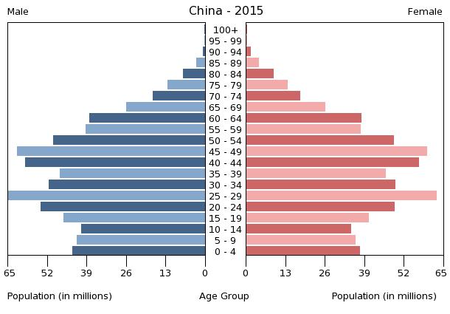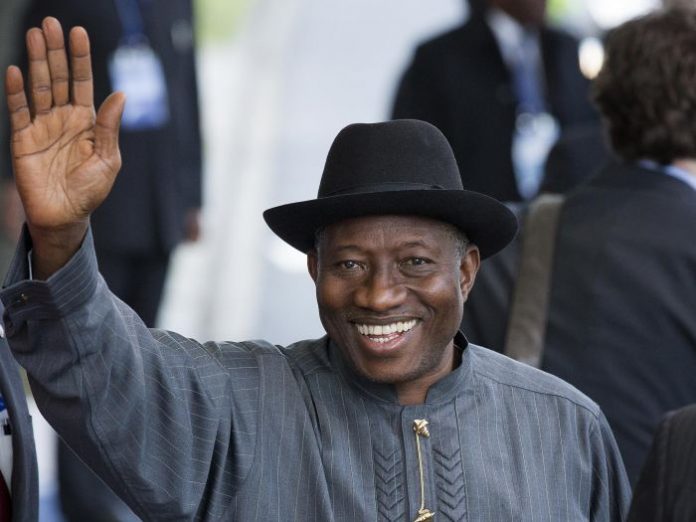China’s population grew at a slower rate last year despite the abolition of the one-child policy, official data showed Monday, raising fears an ageing society will pile further pressure on an already slowing economy.
There were 15.23 million live births in 2018, a drop of two million from the year before, data from the National Bureau of Statistics (NBS) showed.
With 9.93 million deaths, this led to a growth rate of 3.81 per thousand in 2018, a dip from 5.32 per thousand the previous year.
NBS commissioner Ning Jize said population growth had peaked, but said the country still had huge potential.
“China’s labour participation rate is not considered low worldwide, more than 700 million of our 900 million people (of working age) are employed, and there is still room (for growth),” he said.
Signs of China’s falling population growth had emerged when data released by some local authorities indicated a significant drop in births last year.
In Qingdao, a city in eastern Shandong province — one of China’s most populous regions — births between January and November decreased by 21 percent to just over 81,000 compared to the previous year.
Still, China’s total population rose by 5.3 million in 2018 to 1.395 billion people, retaining its title as the world’s most populous nation.
China for decades limited most families to one child — often enforcing this policy through hefty financial penalties — in a bid to control population growth.
This was relaxed in 2016 when couples were allowed two children in response to concerns about an ageing society and shrinking workforce.
China’s workforce — those aged between 16 and 59 — was 897.3 million last year, a 4.7 million drop from 2017, NBS data showed.
The workforce is on track to decline by as much as 23 percent by 2050.
Source: Guardian Newspaper




